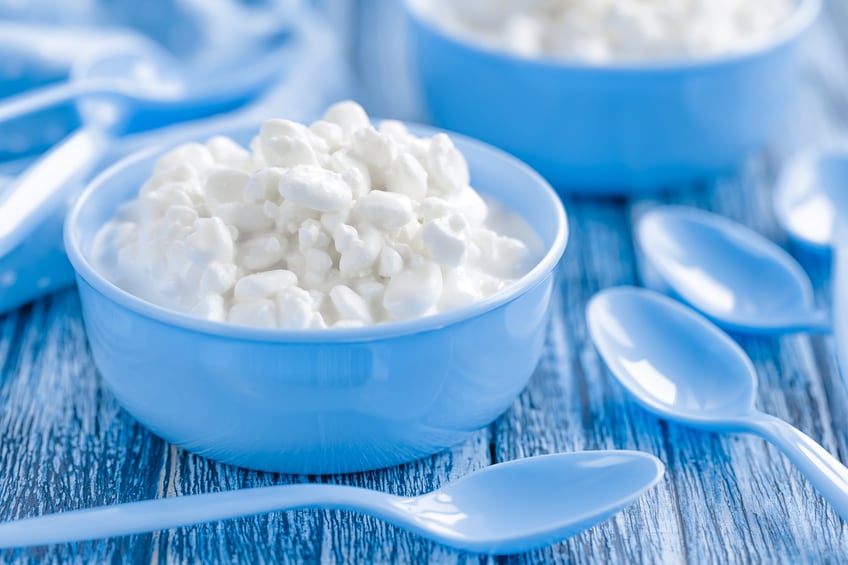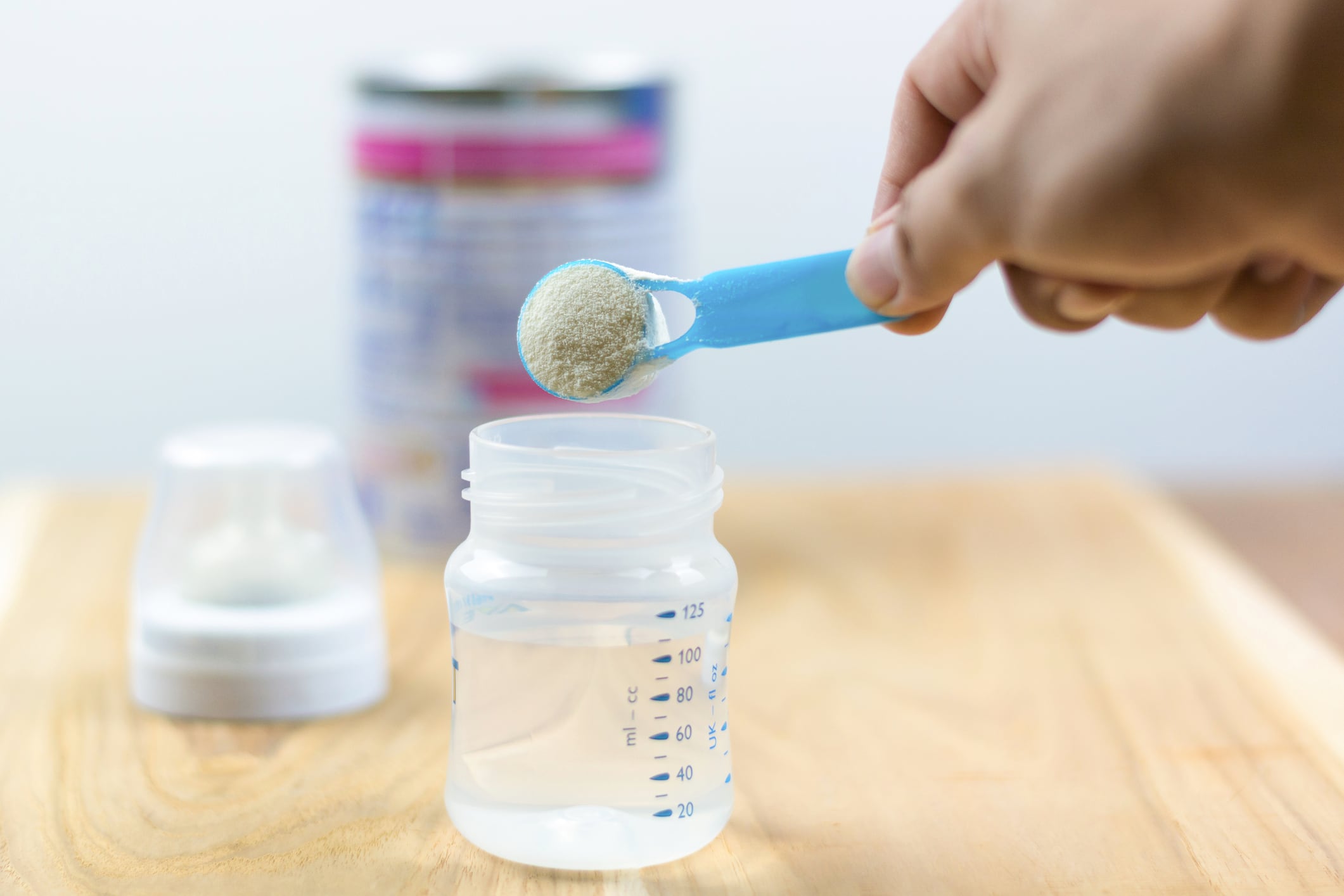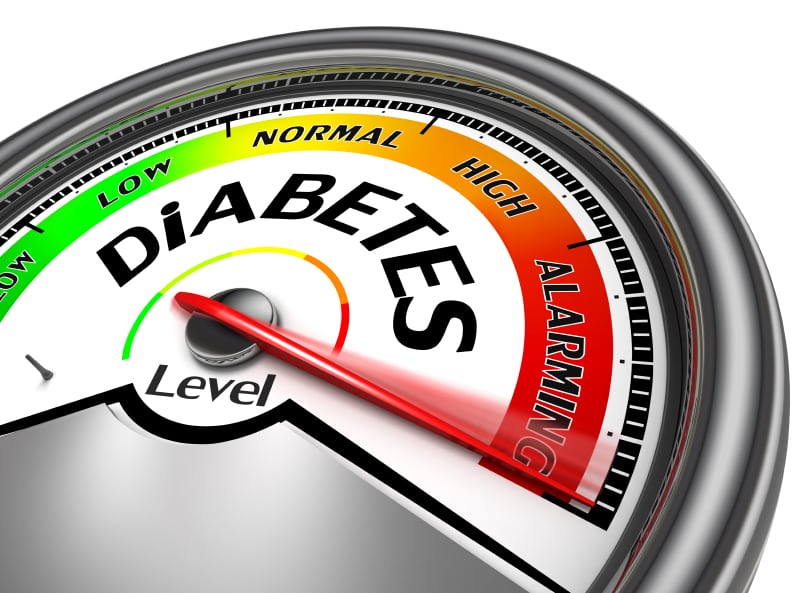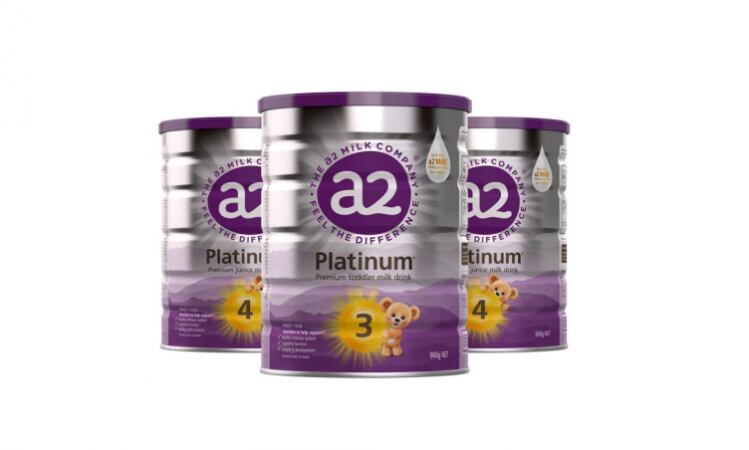The China State Administration for Market Regulation (SAMR) will be introducing new regulations under the current “China Food Safety National Standard Good Health Food Production code (GB17405)” (食品安全国家标准 保健食品良好生产规范), it announced in a press conference held last Friday (Aug 29).
The new regulations are aimed at safeguarding consumer health, promoting the industry’s development, and implementing policies, said National Health Commission (NHC) Department of Food Safety Standards, Risk Surveillance and Evaluation’s deputy director-general Gong Guoqiang.
For instance, the new regulations will set a higher bar for raw materials and production procedures.
Using non-purified fermentation product raw materials as an example, the regulator said it would require companies to submit more reports to validate bacteria strains used for fermentation, its stability and safety moving forward.
This is because such raw materials may pose food safety risk, said the regulator.
In response to queries from NutraIngredients, Yilei Shen, food regulatory specialist at Hangzhou-based regulatory consultancy CIRS China, said that these non-purified fermented product raw materials could refer to examples such as fermented fruit and vegetable juices.
“Our view is that non-purified fermentation product raw materials refer to products that have not been purified after fermentation, such as fermented fruit and vegetable juice,” she said.
The SAMR added that if companies are manufacturing these types of raw materials on their own, they would need to set up a production management system, in order to ensure the safety and efficacy of the raw materials.
Another area is to raise food safety supply chain management standards.
In this case, companies will need to develop production process validation to ensure that the production technique and operating procedures meet expectations.
“It also specifies that companies should determine an appropriate monitoring frequency for production environment indicators based on product quality and safety control requirements and verification of work area cleanliness to ensure that the production environment consistently meets standard requirements.
“As a mandatory national food safety standard, the new standard provides a clearer and more detailed basis for regulatory enforcement. Technical requirements for raw materials, excipients, packaging materials, and production processes are closely aligned with the registration and filing management requirements for health foods, enhancing the overall effectiveness of health food management,” said Gong.
Updates on health foods filing and registration
To date, the SAMR has accumulatively released 14k health foods registration and 23k health foods filing certificates, where “filing is the majority and registration is the minority,” said SAMR Center for Food Evaluation Geng Xin.
The SAMR introduced the dual track of health foods registration and filing a decade ago.
The filing track allows “low risk” health foods such as vitamin and minerals to enter the China market, so long as the raw materials are listed in the Health Foods Raw Materials Directory. The filing process is also less time-consuming and enables new products to enter the market fast.
So far, 85 vitamin and minerals are listed in the directory, alongside another 10 functional raw materials, such as soy protein isolate and coenzyme Q10.
More recently, there have been breakthroughs in the registration approvals of imported health foods.
Hangzhou-based regulatory consultancy CIRS said in end August that the SAMR has approved five imported health foods via the registration track - the first in seven years.
The approved products came from Hong Kong-based Wright Life and Indonesia-based Helmigs known for its curcumin products.





